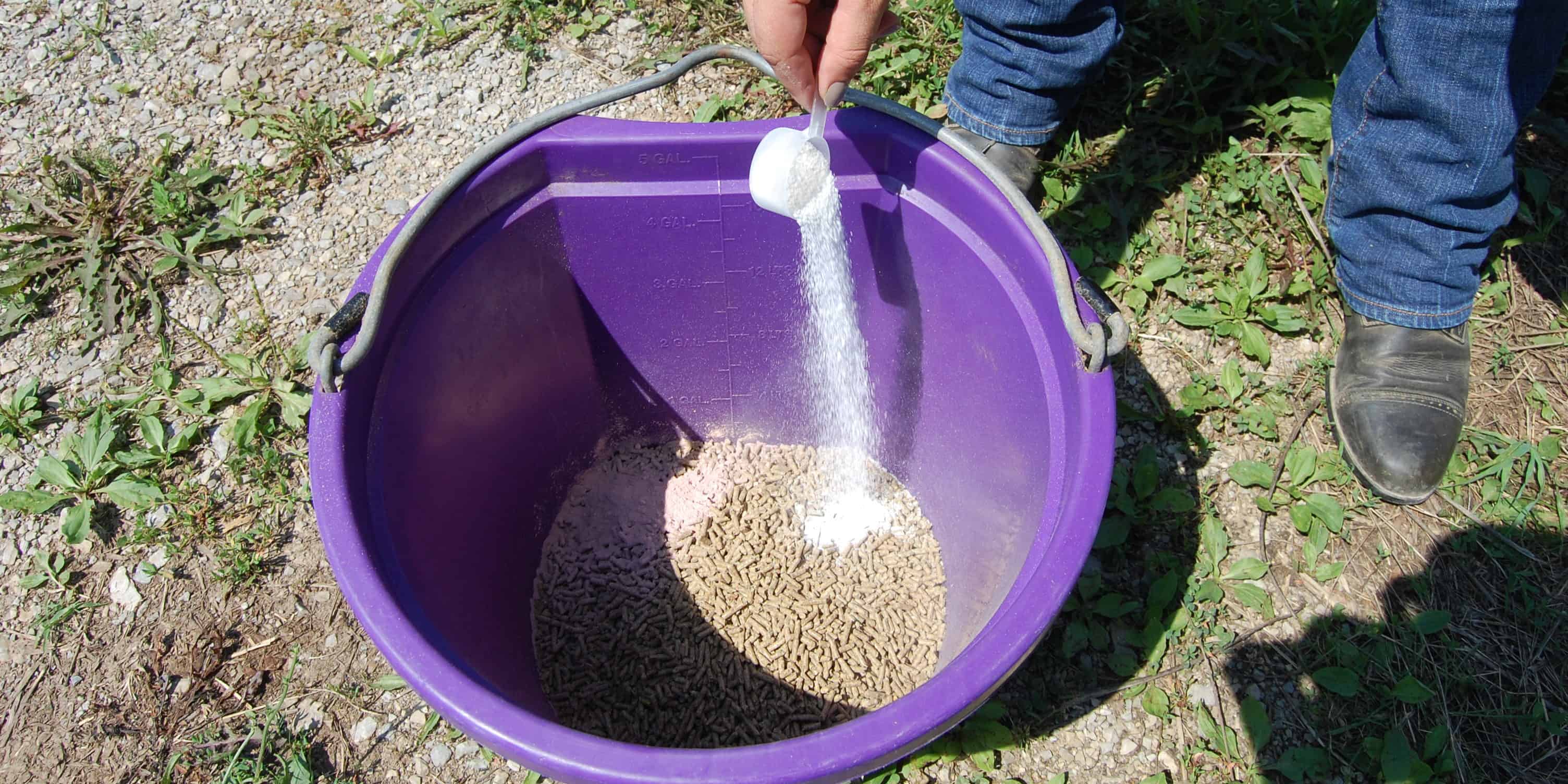What to Do About Horses With Loose Poop
- Posted by Clair Thunes, PhD

Q. For the last several months my horse has had chronic loose stools. I had the vet out and she has investigated but can’t find anything wrong. She’s suggested that, because my horse is otherwise healthy, I shouldn’t worry about it. However, I can’t help but think there’s something wrong. Plus, the loose manure coats my horse’s legs and is irritating his skin. I’ve tried most of the probiotics available at my feedstore with no impact. Do you have any suggestions?
A. Chronic loose manure or passing water after manure is an issue horse owners often ask me about. It appears to be a condition that plagues many horses and is certainly distressing to owners. My first recommendation is always to have your vet examine the horse to rule out issues such as sand in the large colon or internal parasites, which can cause loose manure, as well as pathogenic (disease-causing) bacteria such as salmonella.
Assuming the horse has an otherwise clean bill of health, I do have a few things I typically try and that often help. Which I try first depends on the horse’s history and the information the person managing the horse provides me with
Create a free account with TheHorse.com to view this content.
TheHorse.com is home to thousands of free articles about horse health care. In order to access some of our exclusive free content, you must be signed into TheHorse.com.
Start your free account today!
Already have an account?
and continue reading.

Written by:
Clair Thunes, PhD
Related Articles
Stay on top of the most recent Horse Health news with












4 Responses
Could you please tell me how much to feed a day?
Could you please tell me the amount that you were feeding your horse? I would really like to give this a try on my Paint.
From my own experience of having a horse with this problem you could, additionally, try reducing the sugar in his diet by soaking hay, using a fibre/oil based diet and managing access to lush grass.
My husband’s Arab at 26 would arrive in Florida for the winter and would pick around the green fresh acorns. Tried all of the above plus! Had several seasons of chronic diarrhea. Horse friends who had some celiac problems suggested Metamucil. 4 days and I had normal poop! Everyone heard from crying hallelujah! More psyllium in metamucil than sand aid horse products. In Florida the horses do not get a dry meal. Period. Water is cheap and easy to put on food. Wet alfalfa in a bucket of water for lunch. No colic concerns. Small hole net over the roll of tifton 44.
The old guy is gone now. He munched on acorns. I prepared 15+ gallons of beet pulp, hay/alfalfa pellets/soaked cubes. 4-5 meals each day. We laid him to rest at 32. He was the master teacher for me. I share this in his honor.